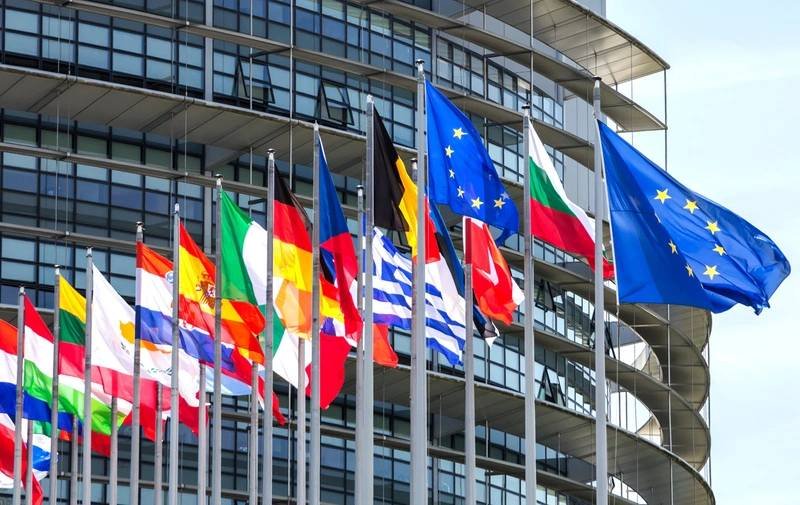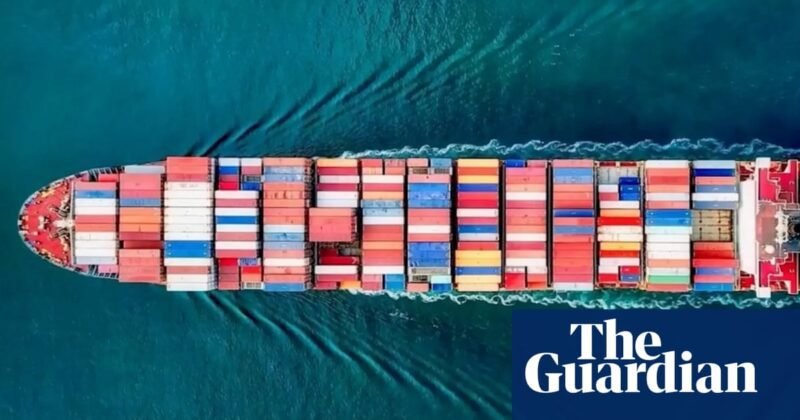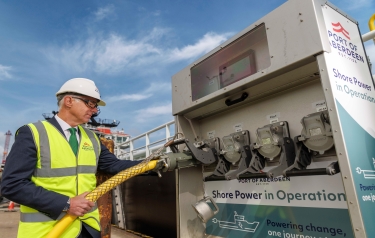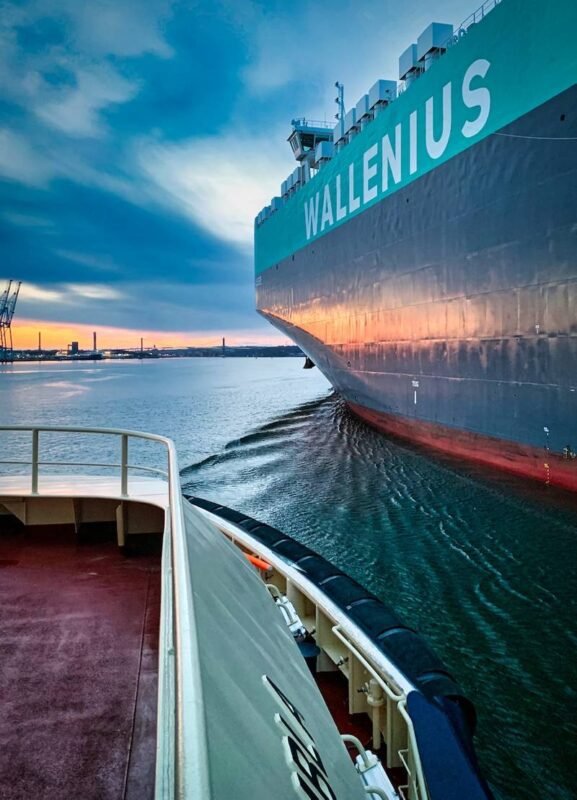The European Commission has introduced the Clean Industrial Deal to promote decarbonization and ensure the future of manufacturing in Europe. President Ursula von der Leyen emphasized the need to remove obstacles hindering European companies, such as high energy prices and excessive regulatory burdens. The Deal focuses on energy-intensive industries, clean tech, and circularity to maximize resources and reduce dependencies on third-country suppliers for raw materials.
Various industry stakeholders have expressed support for the Clean Industrial Deal. European Shipowners (ECSA) welcomed the reduction in reporting burdens for companies, particularly SMEs in the shipping industry. Danish Shipping highlighted the importance of scaling up production of green fuels to achieve climate-neutral shipping. Ports also praised the Deal for easing permitting procedures and boosting demand for decarbonized products to attract investors.
Hydrogen Europe commended the Commission for supporting industry efforts to meet 2030 targets and emphasized the importance of demand-side measures. The organization stressed the need for project labeling and incentives to drive decarbonization projects. By incentivizing demand and simplifying production rules, the Clean Industrial Deal aims to accelerate the growth of clean technology sectors, including hydrogen. However, stakeholders emphasize the importance of turning words into actions to prevent missing climate targets by 2030.














